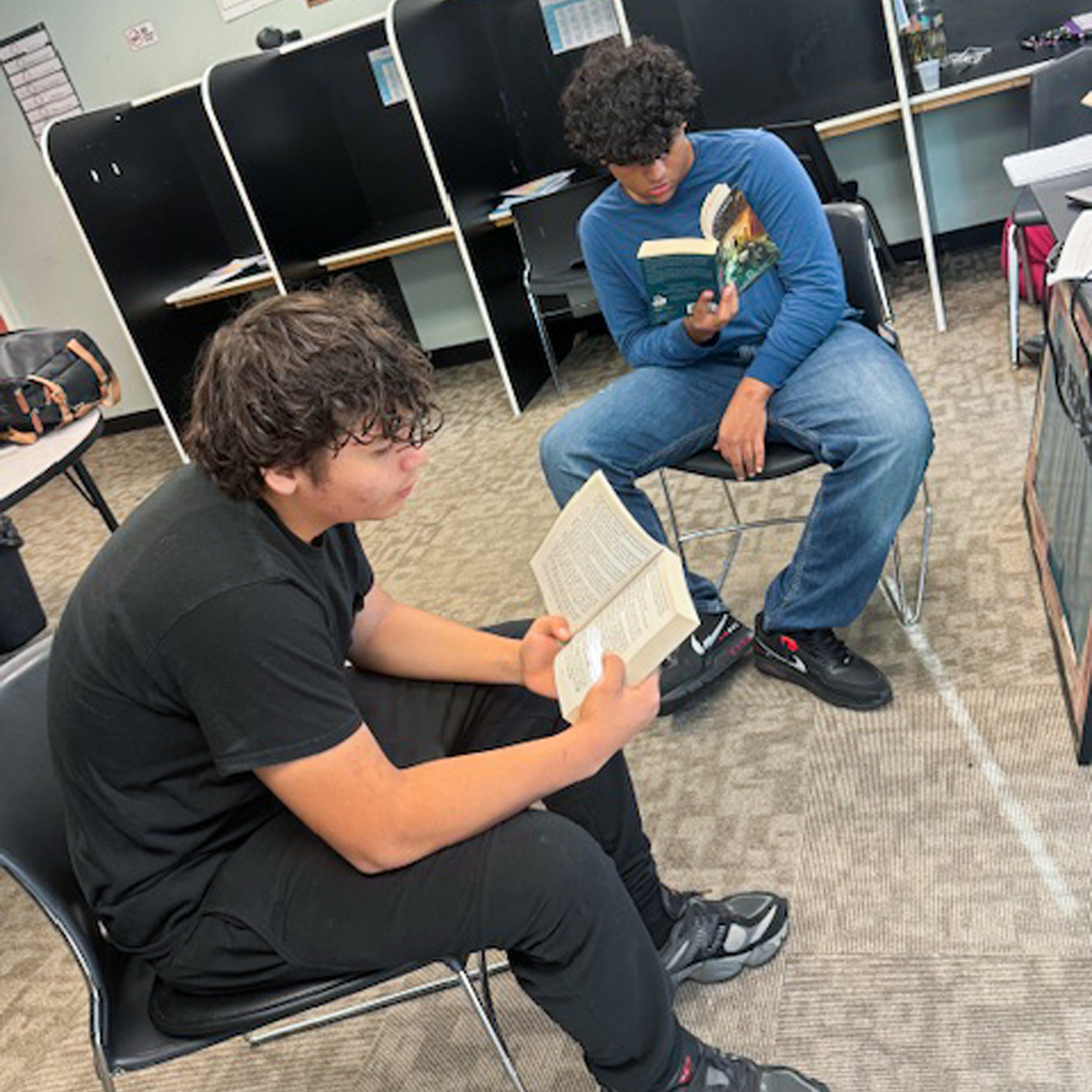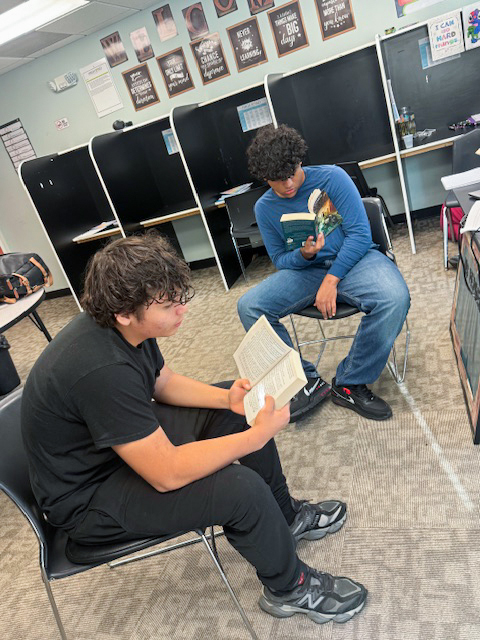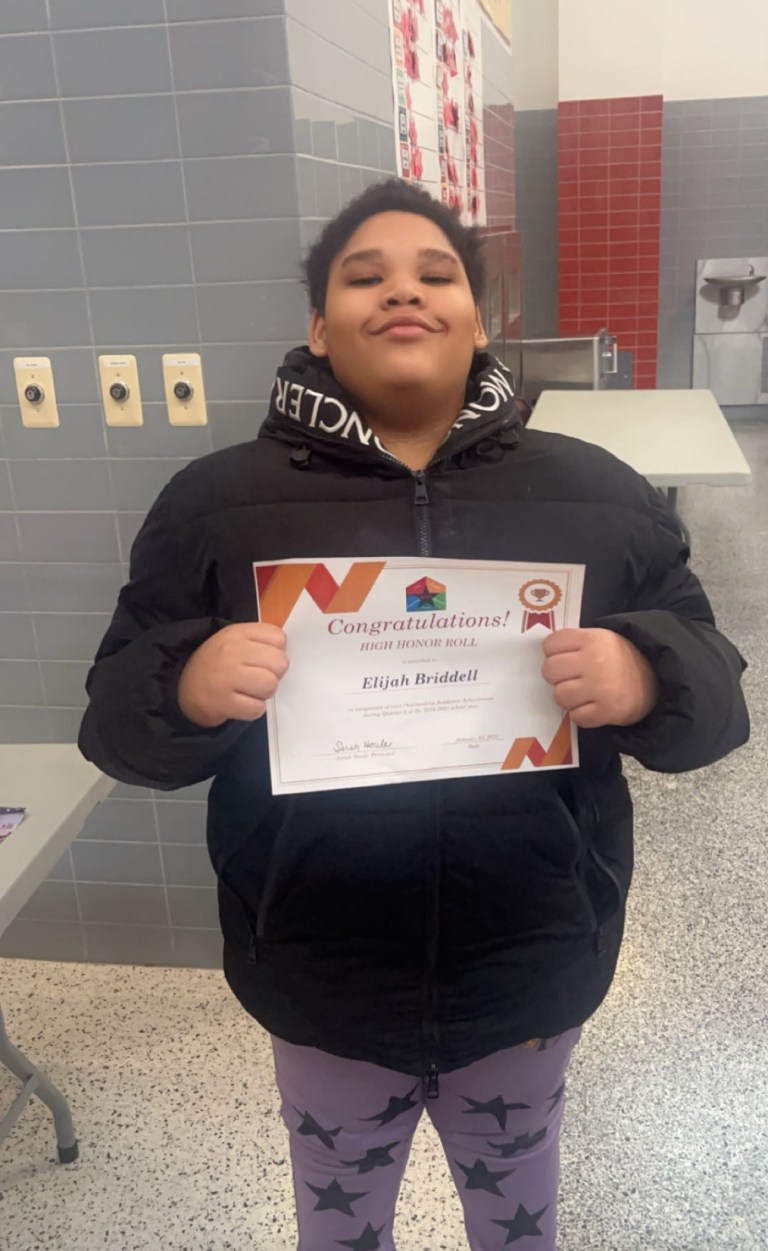Student Engagement at High Road School of Massachusetts

How Student Engagement and High Leverage Practices Shape Academic Success
At the High Road School of Massachusetts, student success begins with personalized instruction and a strong foundation of engagement. That means classrooms don’t all look the same, and neither does the learning. Instead, students are grouped based on their individual needs, strengths, and interests, and teachers use proven strategies to actively involve them in the learning process.
Recently, two students demonstrated that in action. Seated across from one another, they engaged in a reading activity where both had the opportunity to lead and contribute. It was a quiet moment showcasing how students at the school take control of their academic growth.
Student Engagement in Action at High Road School
“Our classrooms are dynamic environments where students are engaged every day,” said Dr. Barboza, education director, High Road School of Massachusetts. “Whether they’re reading independently or working with a peer, we want them to feel ownership over their learning and proud of their progress.”
The school’s approach reflects two “high leverage practices” used in special education:
HLP 17: Students are grouped and regrouped as needed to foster collaboration, support individual needs, and build confidence.
HLP 18: Lessons are designed to make students participants, not just observers, through discussion, hands-on activities, and movement.
“I enjoy reading as a group better than by myself,” said Rosney, who attends the High Road School of Massachusetts. “Everyone gets a chance to read. I feel I’m top dog.”
For families exploring how a school can support their child’s unique learning journey, High Road School of Massachusetts offers an environment where flexibility and engagement are built into the daily routine, helping students grow both academically and socially.
“Our teachers employ a range of strategies, including hands-on activities, lively discussions, and cooperative learning,” said Barboza. “The goal is to ensure every student is actively involved in their own educational journey. When students are engaged, they’re more motivated, attentive, and successful.”



